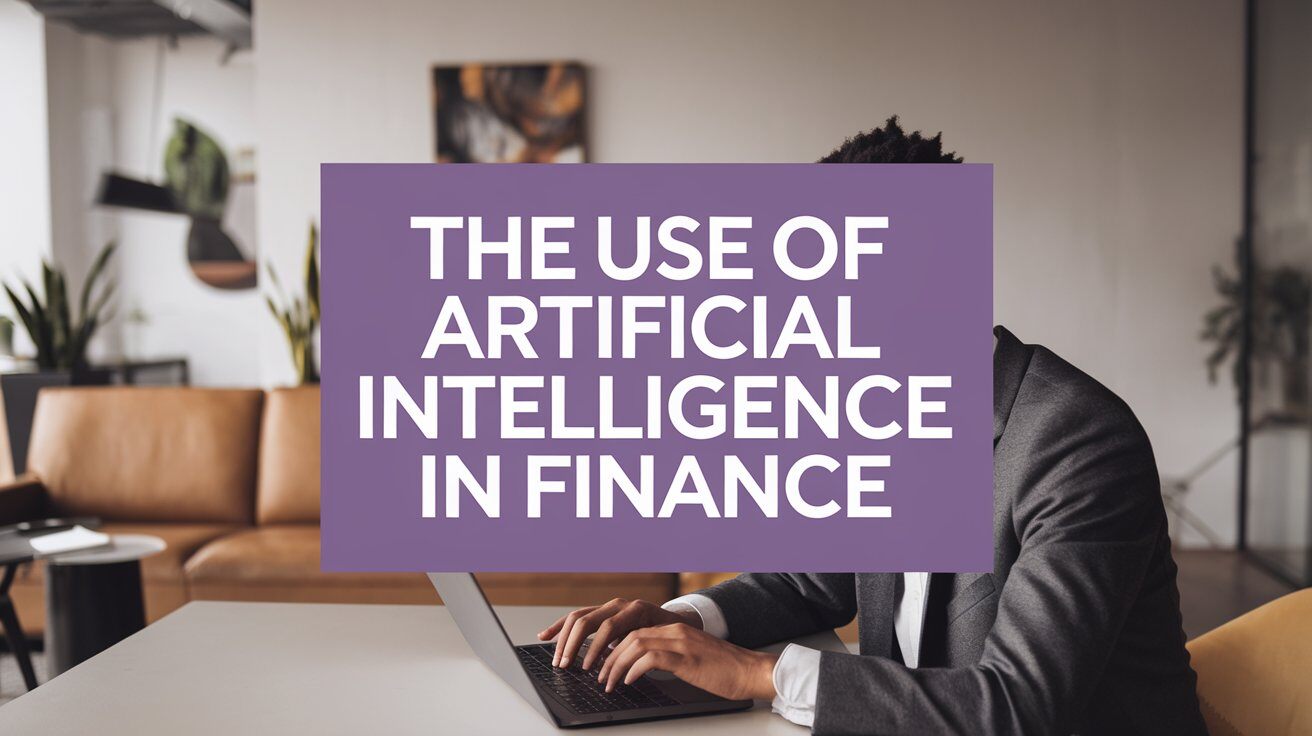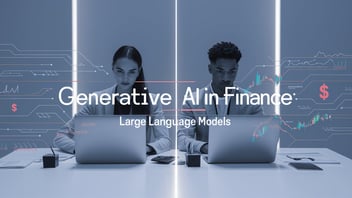
Introduction
The finance sector has been undergoing a remarkable transformation with the advent of artificial intelligence (AI) and machine learning (ML). These cutting-edge technologies have revolutionized traditional financial practices by enhancing decision-making processes, improving customer experiences, and streamlining various operational tasks. As financial institutions embrace AI, they unlock new possibilities for innovation and efficiency. In this article, we will explore key use cases of AI in finance and examine how these technologies are practically reshaping the industry.
-
Efficiency Improvements: AI automates time-consuming tasks such as loan approvals, data entry, and compliance checks, allowing financial institutions to reduce costs and improve processing times.
-
Data Insights: Machine learning algorithms analyze vast data sets to identify patterns and forecast trends, enabling more informed investment decisions and improved risk management.
-
Customer Personalization: AI-driven systems enable financial institutions to offer tailored products and services to meet individual client needs.
-
Pattern Recognition Algorithms: These algorithms monitor large volumes of transactions, flagging suspicious behaviors for further investigation.
-
Reduced False Positives: AI reduces false positives by refining its detection capabilities over time, ensuring only high-probability fraud cases are escalated.
-
High-Frequency Trading (HFT): AI algorithms in HFT execute multiple trades in milliseconds based on market conditions, benefiting from minute price differences.
-
Portfolio Optimization: AI models assist in optimizing investment portfolios, balancing risk and reward based on a client's financial goals.
-
Instant Support: Chatbots can provide immediate responses to common queries, such as account balances, transaction history, or loan status.
-
Learning Capabilities: These bots learn from interactions, improving their responses over time and ensuring a more personalized customer experience.
-
Tailored Recommendations: These advisors recommend investment strategies based on a client's risk tolerance, financial goals, and preferences.
-
Cost-Effective Solutions: Robo-advisors offer lower fees compared to traditional financial advisors, making wealth management accessible to a broader audience.
-
Data Cleaning: Ensuring data is free from errors or inconsistencies is crucial for building accurate AI models.
-
Compliance with Regulations: Financial institutions must also comply with strict regulations governing data privacy and security, especially with the use of AI technologies.
-
Skill Development: Training programs should focus on developing employees' technical understanding of AI tools while fostering collaboration between human expertise and machine intelligence.
-
Change Management: Implementing AI also requires change management to ensure that employees embrace and use the new technologies effectively.

Posted by PDI Marketing Team
Pacific Data Integrators Offers Unique Data Solutions Leveraging AI/ML, Large Language Models (Open AI: GPT-4, Meta: Llama2, Databricks: Dolly), Cloud, Data Management and Analytics Technologies, Helping Leading Organizations Solve Their Critical Business Challenges, Drive Data Driven Insights, Improve Decision-Making, and Achieve Business Objectives.




